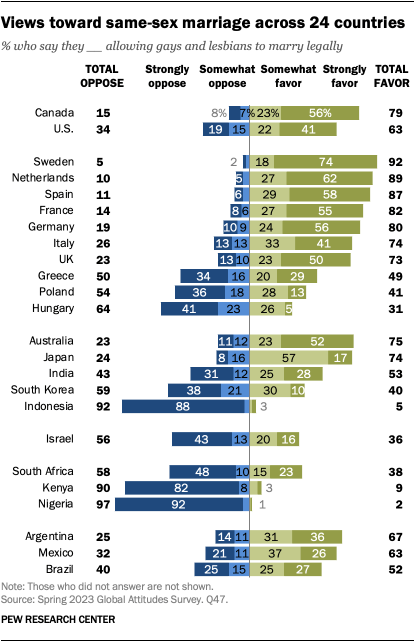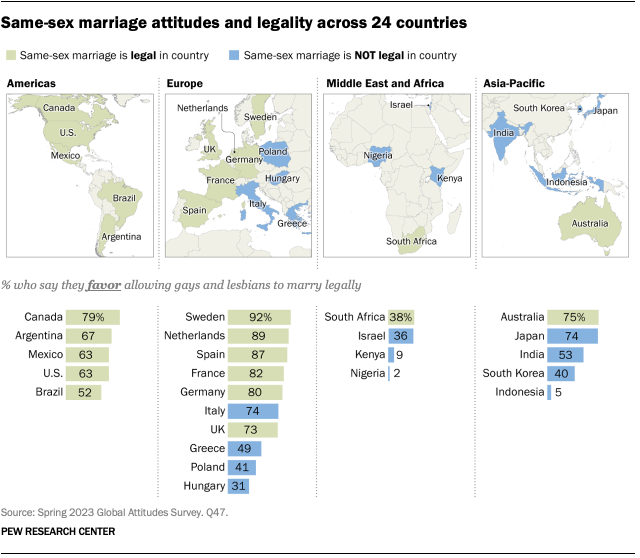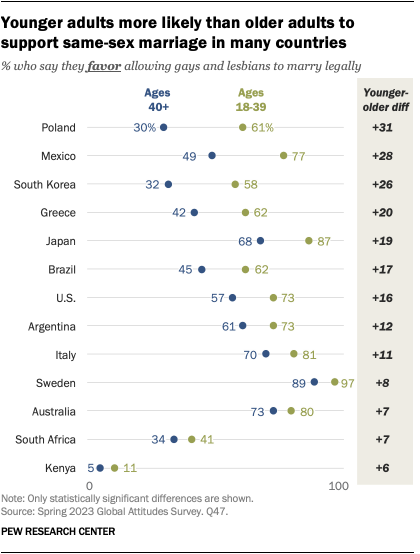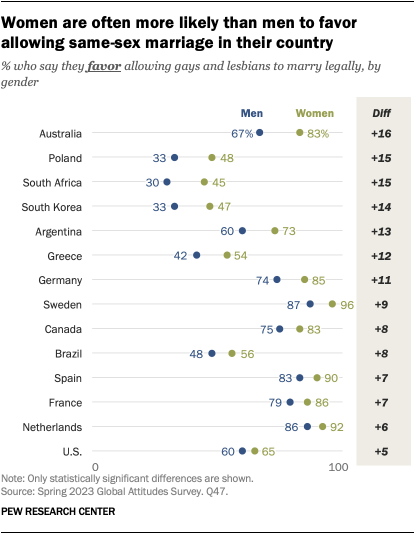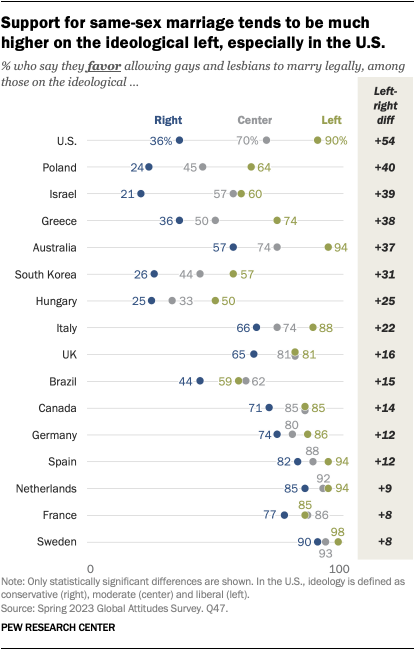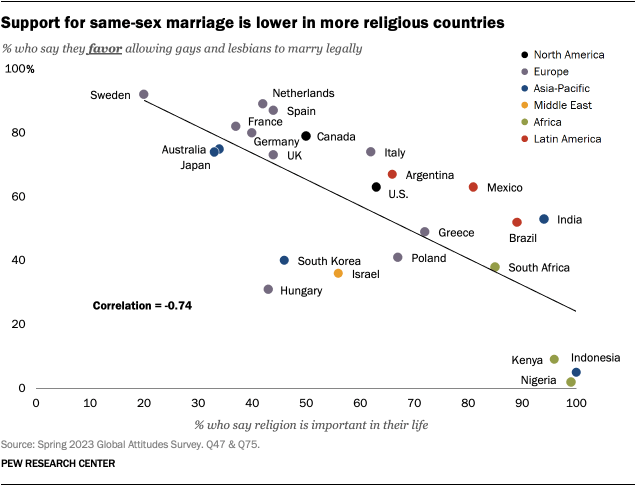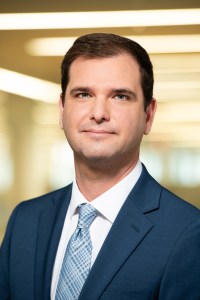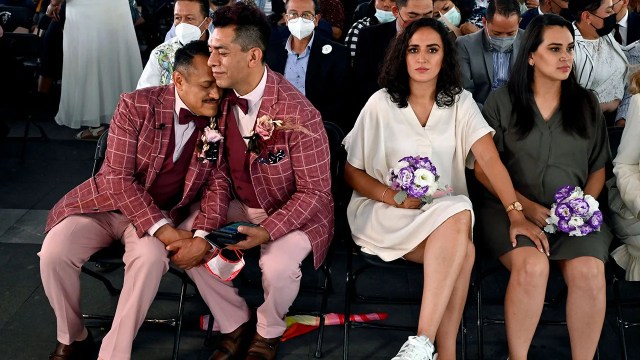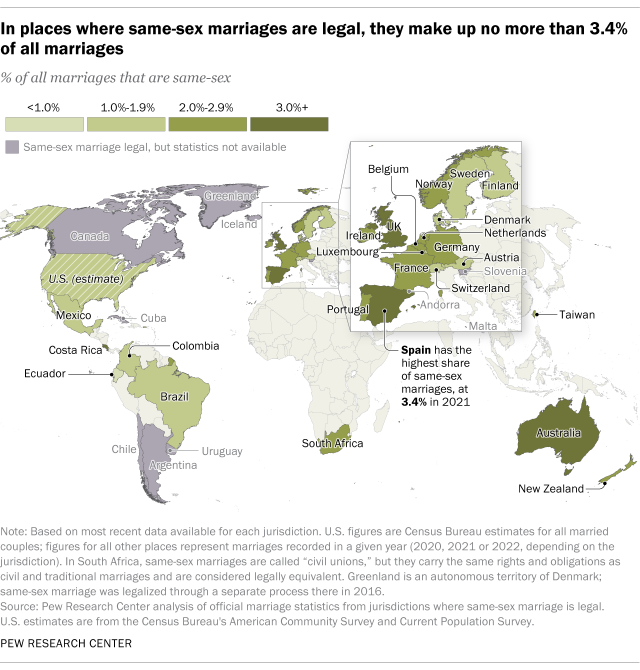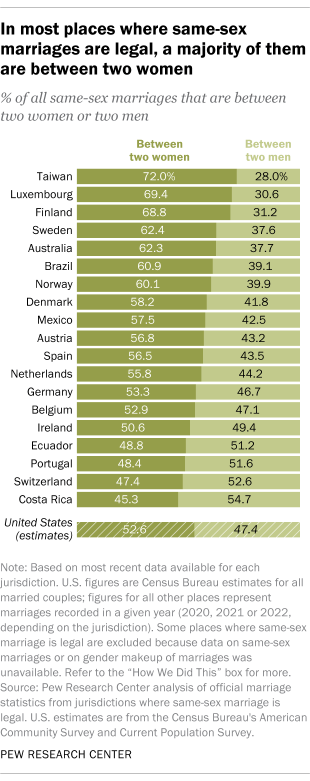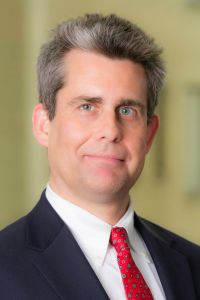JUNE 13, 2023
This is viewer supported news. Please do your part today.Ruth Ben-Ghiat
expert on fascism and authoritarianism, author and publisher of the Lucid newsletter.
Donald Trump is set to surrender today at the federal courthouse in Miami to face charges for retaining and mishandling classified documents, including top-secret information about U.S. nuclear weapons programs. Trump’s supporters, including many prominent members of the Republican Party, have threatened violence and suggested revolt in response to what they see as a politically motivated targeting of the former president, while Trump himself has claimed to reporters that he is innocent of wrongdoing. His capture of the Republican base is the work of a “cult leader,” argues Ruth Ben-Ghiat, an expert on fascism and authoritarianism, adding that today’s GOP is an “autocratic party operating inside a democracy.” Ben-Ghiat, a professor of history and Italian studies at New York University, also discusses the death this week of former Italian Prime Minister Silvio Berlusconi, who she says helped to mainstream far-right extremism in Italian politics.
Transcript
This is a rush transcript. Copy may not be in its final form.
AMY GOODMAN: Authorities in Miami are ramping up security near the federal courthouse, where President Donald Trump will surrender today to face charges for retaining and mishandling classified documents, including top-secret information about U.S. nuclear weapons. On Friday, the Justice Department unsealed a historic 37-count indictment against Trump, who’s running for the White House again.
In recent days, Trump and many of his supporters have condemned the charges using inflammatory language. Andy Biggs, a far-right member of Congress from Arizona, wrote on social media, quote, “We have now reached a war phase. Eye for an eye.” Louisiana Republican Congressman Clay Higgins wrote a cryptic tweet that many viewed as a call for insurrection. Former Arizona Republican gubernatorial candidate Kari Lake directly threatened violence.
KARI LAKE: I have a message tonight for Merrick Garland and Jack Smith and Joe Biden — and the guys back there in the fake news media, you should listen up, as well, this one’s for you: If you want to get to President Trump, you’re going to have to go through me, and you’re going to have to go through 75 million Americans just like me. And I’m gonna tell you, yep, most of us are card-carrying members of the NRA. That’s not a threat; that’s a public service announcement.
AMY GOODMAN: Kari Lake’s comments were widely criticized. Ruben Gallego, a Democrat running for Senate in Arizona, responded by saying, quote, “This language isn’t just hyperbole — it’s dangerous and it threatens the very core of our democracy,” unquote.
Donald Trump has repeatedly attacked special counsel Jack Smith, calling him a “deranged lunatic” and a “thug.” On Saturday, Trump spoke in Columbus, Georgia, about what he called “the final battle.”
DONALD TRUMP: Now the Marxist left is once again using the same corrupt DOJ and the same corrupt FBI and the attorney general and the local district attorneys to interfere in our elections at a level that our country and few countries have ever seen before. They’re cheating. They’re crooked. They’re corrupt. These criminals cannot be rewarded. They must be defeated. You have to defeat them.
AMY GOODMAN: We’re joined now by Ruth Ben-Ghiat, an expert on fascism and authoritarianism, author of Strongmen: Mussolini to the Present, professor of history and Italian studies at New York University. She also publishes the newsletter Lucid, on threats to democracy.
Professor Ben-Ghiat, welcome back to Democracy Now! It’s great to have you with us. So, tomorrow we’ll spend more time, after the arraignment, talking about all of the counts. But today we’re focusing on the threats, on the violent threats. Can you respond?
RUTH BEN-GHIAT: Yes. So, this could be seen as a — this reaction to Trump’s indictment and the appearance in Miami, it could be seen by his most fanatic followers as a kind of spark for a second wave of the insurrection. That’s certainly the tone of Kari Lake and Clay Higgins and these other — these other MAGA extremists.
But Trump has been preparing this in two ways for many years. First of all, since 2015, he used his rallies — so, back, we’re talking, you know, seven, eight years now — he used his rallies as radicalization sites. And over and over, he told his supporters at these rallies that violence was a good way to solve conflict. How many times did he say, “Oh, you know, in the good old days, we used to be able to punch people, and nothing happened”? So, that discourse of violence, which encouraged January 6th, is part of this.
The other is his victim cult. So, this won’t be a surrender for MAGA extremists. This will be an act of victimization. And all strongmen since Mussolini say they’re victims. And this is very compelling to their followers, because they feel protective of them, and this is part of their leader cult. And January 6th, of course, was he summoned the faithful to help him in his time of distress. So, that narrative is continuing now.
JUAN GONZÁLEZ: Well, but, Professor, how do you account for the — how few Republicans are standing up to this situation? Of course, Mitt Romney is one of the few. But most are not only lining up behind Trump, but those who are candidates are promising to pardon him if they’re elected.
RUTH BEN-GHIAT: This is because I see the GOP as a scholar of authoritarianism. It is an autocratic party operating inside a democracy, and it is a party in thrall to a cult leader. And Donald Trump — I’ve been studying cult leaders for a hundred years’ worth of them — he has all the signs. He is not a conventional politician of either the Democratic or Republican, you know, old school. He is a cult leader. And the GOP has long been, you know, submissive to him. He put them under an authoritarian discipline, and then he made them complicit. And this is what corrupt, violent authoritarians do. They make you part of their crimes. And so, the GOP is in damage control mode. And, you know, there’s fear. There’s fanaticism. And they don’t see a way to break away, because they’re cowards, because — or they’ve bought into this war, this battle that he’s waging.
JUAN GONZÁLEZ: And you’ve said that if Trump gets back into power, he’ll never leave. What’s at stake in this upcoming election? And also, how do you place him in the context of growing right-wing movements in the industrialized West?
RUTH BEN-GHIAT: Yeah, I said that he would never leave if he gets back in, because he’s saying that. The other day, when he said to his followers, “I’ll never leave,” on the one hand, he was — this was part of his cult leader devotional kind of homily to them, where he says, “I love you. I’ll always be there for you.” But it’s also telling them — and he always says what he’s going to do ahead of time — that if he gets back into power, he will not leave. And he’s already talked about, you know, massive purges, and he’s got a whole plan that he will pick up and finish the job of wrecking democracy that he couldn’t finish before.
AMY GOODMAN: Professor Ben-Ghiat, I also want to ask you about the death of Silvio Berlusconi in Italy, which has declared a national day of mourning for Wednesday. The billionaire media tycoon served four terms as prime minister of Italy, where he leveraged his unrivaled influence over public opinion in Italy, controlling the newspapers, magazines, three major TV channels. Throughout his career, Berlusconi faced multiple charges of money laundering, or at least of corruption, criminal charges including abuse of office, bribery, paying for sex with an underage girl. Most of the charges ended in dismissals after Berlusconi’s government passed laws shielding him from prosecution. But a tax fraud conviction in 2013 barred him from public office for six years. Can you talk about what Berlusconi represented?
RUTH BEN-GHIAT: There’s lots of lessons for us today in the Berlusconi era. Two things I’ll mention. Berlusconi set off the whole normalization of the far right. Without him, it would have been a lot slower and harder. In 1994, it was just a brief government, but he brought neofascists into the government and made a center-right coalition with the xenophobic Northern League — now they’re called the League — and this neofascist party. So he broke a taboo.
And during his other two governments in the 2000s, the culture of neofascism, the culture of fascism itself, which he repeatedly whitewashed — he said to some British journalists, including Boris Johnson was one of them, back in 2003, that Mussolini never killed anyone. So, what we see today with the revival of neofascism and somebody like Giorgia Meloni, the prime minister, who says, “Oh, I’m a conservative,” that whitewashing comes straight out of Berlusconi. And by the way, he gave her her start.
The other lesson is prosecution matters. Berlusconi was so able, as you said, he passed — he got the Parliament to pass laws. If he was accused of bribery, he got Parliament to pass a law saying that bribery wasn’t an offense you could be jailed for. And he did this over and over again, or he ran out the clock, very similar to Trump. But finally, two years after he left office, he was convicted. And he didn’t go to jail because of his age. But it was that conviction and being banned from politics that finally deflated his personality cult and made his party, which he had created, into a minor force in politics. So prosecution sends a message that no one is above the law.
JUAN GONZÁLEZ: I wanted to ask you about how the media should deal with a figure such as Donald Trump. On the one hand, we have to cover some of the major events that happen related to him. On the other hand, the saturation coverage also provides him more and more free publicity and a platform. What’s the proper balance that journalists and the media should exercise, in your view?
RUTH BEN-GHIAT: Yeah, that’s been the question since 2016. However, after January 6th, I think that people who didn’t see the danger before perhaps see it now. And it’s been a little disheartening that some in the media have returned to the default position of treating him as a conventional candidate. Of course, there was the disastrous CNN town hall, where, you know, people were not allowed to criticize. They were only supposed to applaud. And that actually recreated an authoritarian plateau. It was perfect for him.
You know, other people, they don’t — for example, they don’t retweet, not only Trump, but these other MAGA extremists, because that extra engagement is figured into algorithms that promote these people. You can screenshot them.
But there is — we do need to cover it. And I speak about it all the time, because we can’t close our eyes to this danger. Every society that’s had a serious threat to democracy has gone into it with some denial, with some idea that it can’t happen here, including Germany in the early '30s, which was one of the most advanced scientific, graphic design, cultural societies in the world. And so, it's important to cover it, to not shy away from denouncing it, but also to frame it for what it really is.
AMY GOODMAN: Ruth Ben-Ghiat, we want to thank you for being with us, expert on fascism and authoritarianism, author of Strongmen: Mussolini to the Present.




